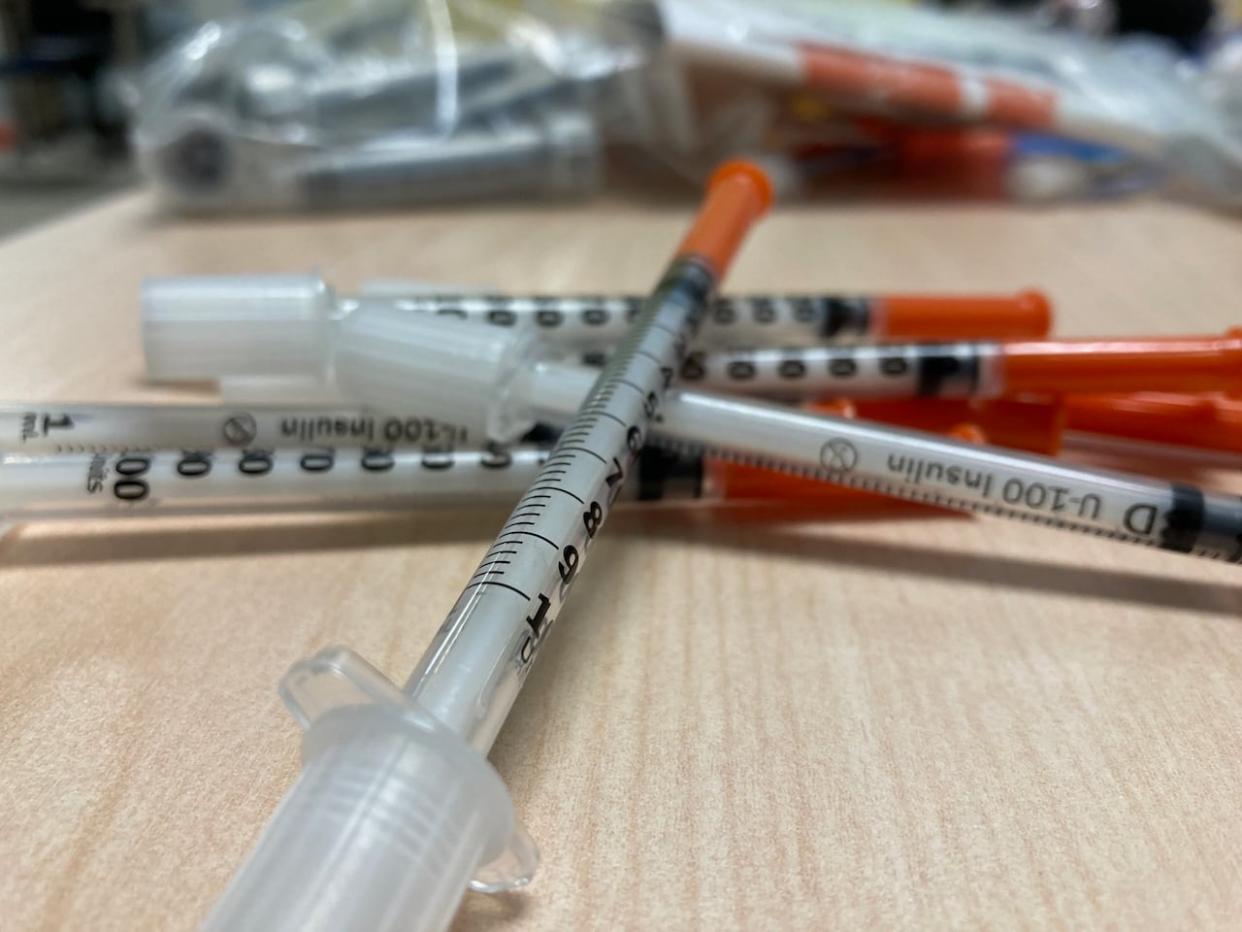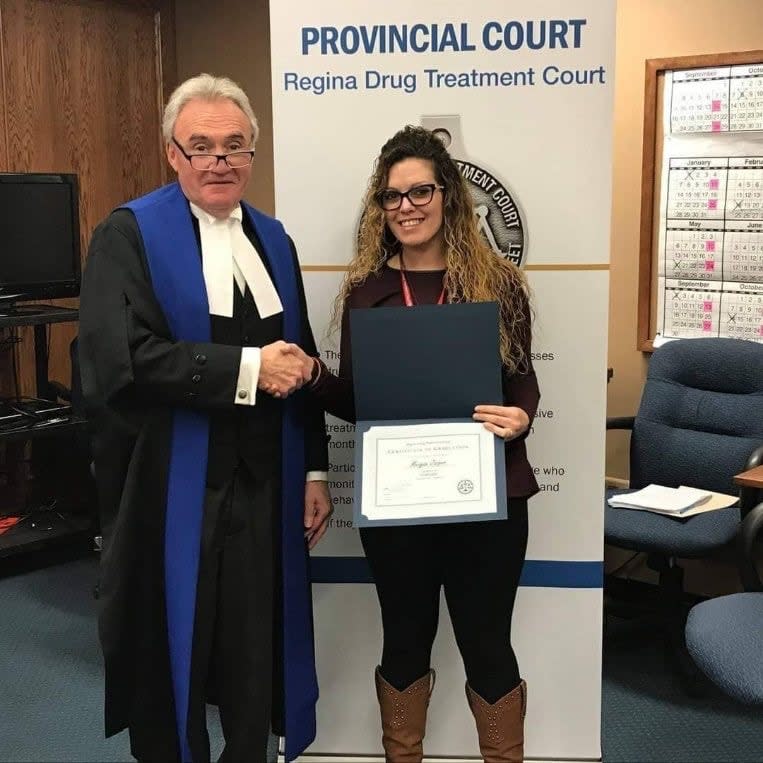Drug counsellor defends Sask.'s move away from clean pipes, free needles

An addictions counsellor who was involved with advising the Saskatchewan government on its move to a "recovery-oriented" addictions model is defending the province's decision to stop providing clean pipes and require people to return used needles to receive new ones.
The province announced its decision on Jan. 18.
Critics including the Saskatchewan Union of Nurses, addictions workers, organizations like Prairie Harm Reduction in Saskatoon and many others have spoken against the changes, saying they set back efforts to stop the transmission of HIV/AIDs and fly in the face of decades of science.
Provincial Minister of Mental Health and Addictions Tim McLeod has continually defended the changes, saying that that province is moving to a "recovery-oriented" model and that programs like supervised consumption sites and clean pipes do not solve addictions.
Rand Teed, who has been an addictions counsellor for the last 25 years, worked with ROSC Solutions Group, a company that focuses on the recovery-oriented model that advised the province.
Teed said the focus of recovery-oriented care is getting people into treatment more quickly, and keep them in longer, to deal with the problems that are underneath the substance use.
"What they need is help to get some decent medical support, help to get some decent housing, help to get some decent food," said Teed. "Not necessarily a new crack pipe or an unlimited access to needles."
Teed said he hopes to see more open treatment spaces to reduce wait times for those who seek help, and more support after they get out of treatment.
"One of the things that really makes a difference with anybody, and particularly people with addiction, is feeling that they're cared about," Teed said. "I'm not totally certain that giving somebody something that is actually continuing their harm, is really going to make them feel cared about."
'We have to keep people alive long enough to find recovery': former drug user
The province had announced its plans to open 500 new spaces for treatment in the province.
Meagan Jasper, who has not used drugs for seven years after struggling with addiction since she was 12 or 13 years old, said more treatment space is great, but that she isn't happy about the government's changes on clean pipes and needle exchanges.
She knows the importance of access to clean equipment to prevent the spread of disease.
"People, they're sharing, because they have limited supply, limited funds, all that stuff," Jasper said.

Meagan Jasper when she graduated from Regina Drug Treatment Court in 2018. (submitted by Meagan Jasper)
Jasper, who lives in Moose Jaw, said its important to keep people as healthy as possible before they get into treatment.
"What good are those treatment spaces when they're not gonna be ready right away and when everybody's dead," she said. "We have to keep people alive long enough to find recovery."
Dr. Brian Gellar said on CBC's Blue Sky earlier this week that he wishes people would look at addictions the way health-care professionals do, as a disease process that needs to be treated.
Part of that treatment is that people have to be alive to get treatment.
"This is something that goes across all walks of life, all income levels and impacts everybody," Gellar told host Leisha Grebinski. "Addictions are real disease and need to be managed as such."
LISTEN | Could changes to Saskatchewan's needle exchanges cause more harm than good?

